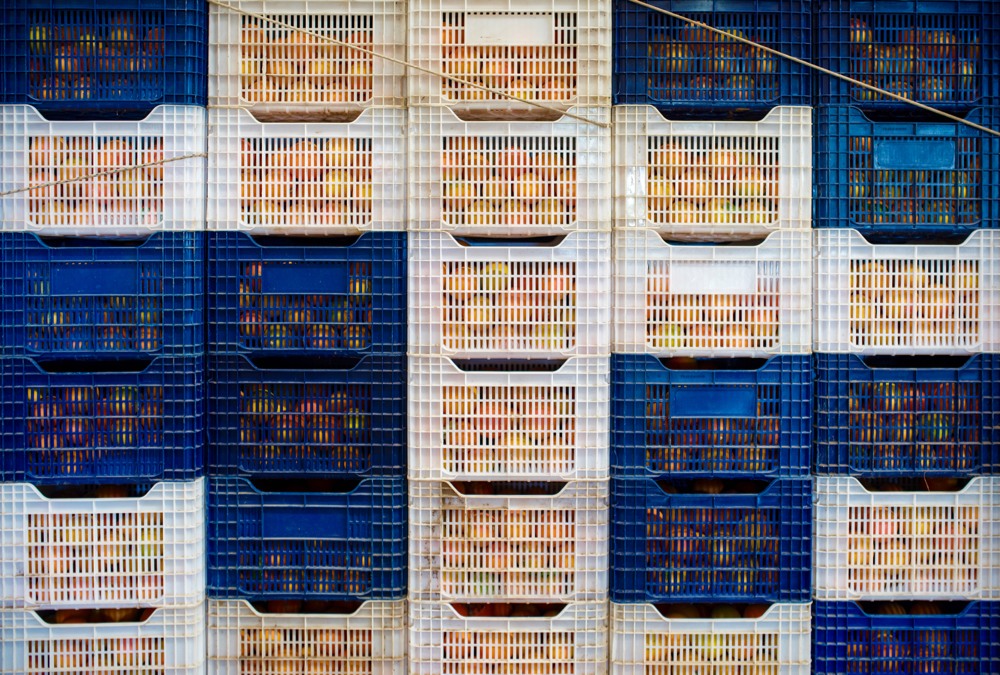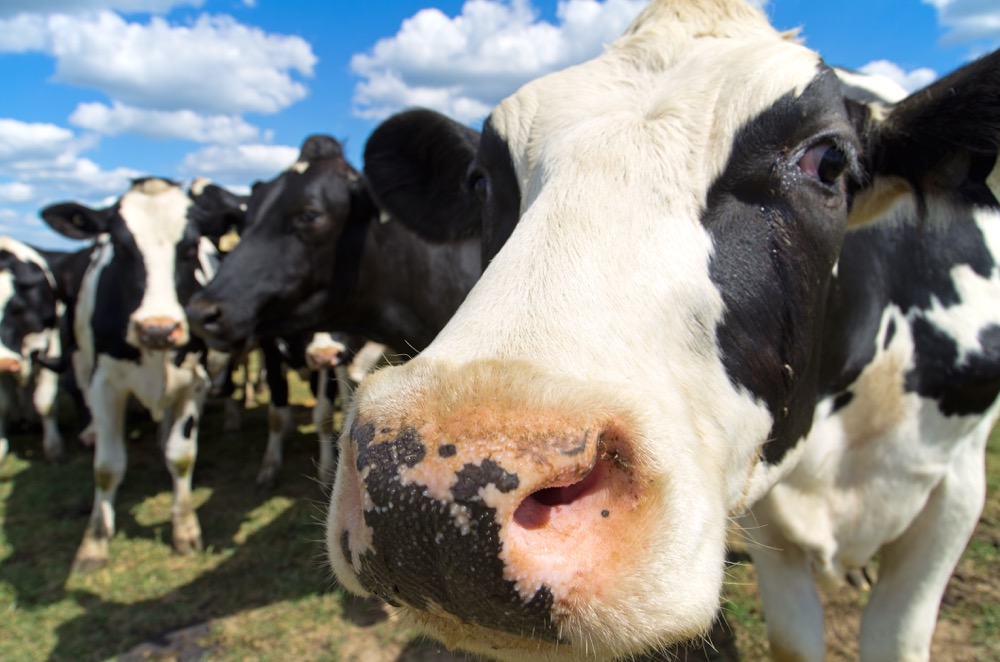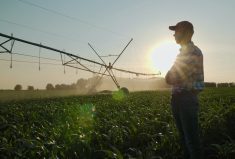As the world of agriculture and agri-food evolves, so too does its workforce.
Capturing just who is engaged in this massive economic engine has been difficult as previous statistics have focused on who works ‘on the farm’ rather than who is employed ‘in the food system.’ Perhaps never before in history has there been such a strong argument to look at the Canadian food system as a whole and to gather information regarding the contribution of many Canadians to agriculture and agri-food.
We know that one in every eight persons in Canada works in agriculture and agri-food, but that number is not inclusive of the complete supply chain or supporting industries. According to Food Processing Skills Canada, one in five persons in manufacturing is in food and beverage processing. By taking this into account and counting those professions that are focused on the food realm, there just might be some very pleasant surprises.
Read Also

Deep cuts to ag research jeopardize Canada’s farming future
The huge cuts to ag research at Agriculture Canada are being widely panned by farm organizations, but there seems to be little hope of the government reversing its decision.
A recent study in Australia by the University of New England found this to be the case. Like Canada, those working on farms were considered in the direct employ of the agricultural sectors in the census. By including those professions tied directly to food production (from the ag accountant to the agronomist), the number of those working in agriculture in Australia increased by 20 per cent.
A deeper dive also brought up the percentage of Australians with post-secondary education to 16 per cent (from three per cent) and that cast a much better light on the sector and its related industries. With over 50 per cent of the post-secondary agricultural science graduates in Australia being women there was some initial despair as only 30 per cent of these women stayed in professional agricultural jobs. Their absence, however, was not from leaving the industry. The study unearthed that these women were building enterprises of their own.
The study in Australia found that the number of people in agriculture was hugely underestimated and that the industry was much larger than expected.
More importantly, the average age of those in the sector fell from the assumed 49 years to 40 to 44 years. The industry was younger, more educated and bigger than what a previous census portrayed.
I think this type of research is important.
If we are to grow the Canadian food system, we must know who the stakeholders are today. Waiting for the next census, which is five years away, won’t help us get the information we need now.
With hard data, we can then go forward to promote regional growth, attract folks to the food system and deliver information that is current and relevant to policy-makers.
The framework will be complex. The Canadian food system includes those who research, develop, grow, mill, butcher, process, store, transport, trade and add value to our commodities. It embraces those professions such as legal, environmental, culinary, accounting, crop and animal sciences, nutrition, health and human resources. In the fold are those who develop new products, infrastructure, indexes, baselines, information systems, analysis and all things IT, including robotics and sensory equipment. Our system is heavily dependent on skilled trades and includes specific educators and programmers who focus on the creation of a knowledgeable workforce.
Never before in history has the food system been seen as so precious and her people more valued.
In the Food Processing Skills Canada report, this was captured in this quote: “All that is standing in our way is an astounding lack of people.” In Australia, companies are paying the tuition fees for students who are engaged in agriculture, food and related studies, just to ensure a domestic workforce.
The competition for employees, partners and leaders has never been fiercer and with the universal ability to access information quickly, there are more folks branching out on their own after the completion of their studies. The Australian study noted that those who are in agriculture also realize they need education, a trade or skill, to set themselves apart and for needed revenue. In other words, they trained for something specific to enhance their ability to succeed.
In Canada, since the early ’60s, those who work on farms has dropped by two-thirds, even though our people in agriculture and agri-food produce and process more food.
Who are the persons that are increasing production with a higher degree of education, technology and speciality and who are the collaborating partners in the entirety of the system? How do they identify and how old are they? Like the Australian study, we just may be very pleasantly surprised when the right questions are asked.
Not only does having this important data give us corner posts to build on — it undoubtedly will show the world that the food system in Canada is an economic powerhouse, a great place to work and a welcome employment sector for families of every culture.
Globally, civilization was built on the ability to produce, process, store, trade and share food. Our future hires, innovators and creators will certainly ensure a bright future. We need to know who is contributing to the table.
Let us begin by asking.
















